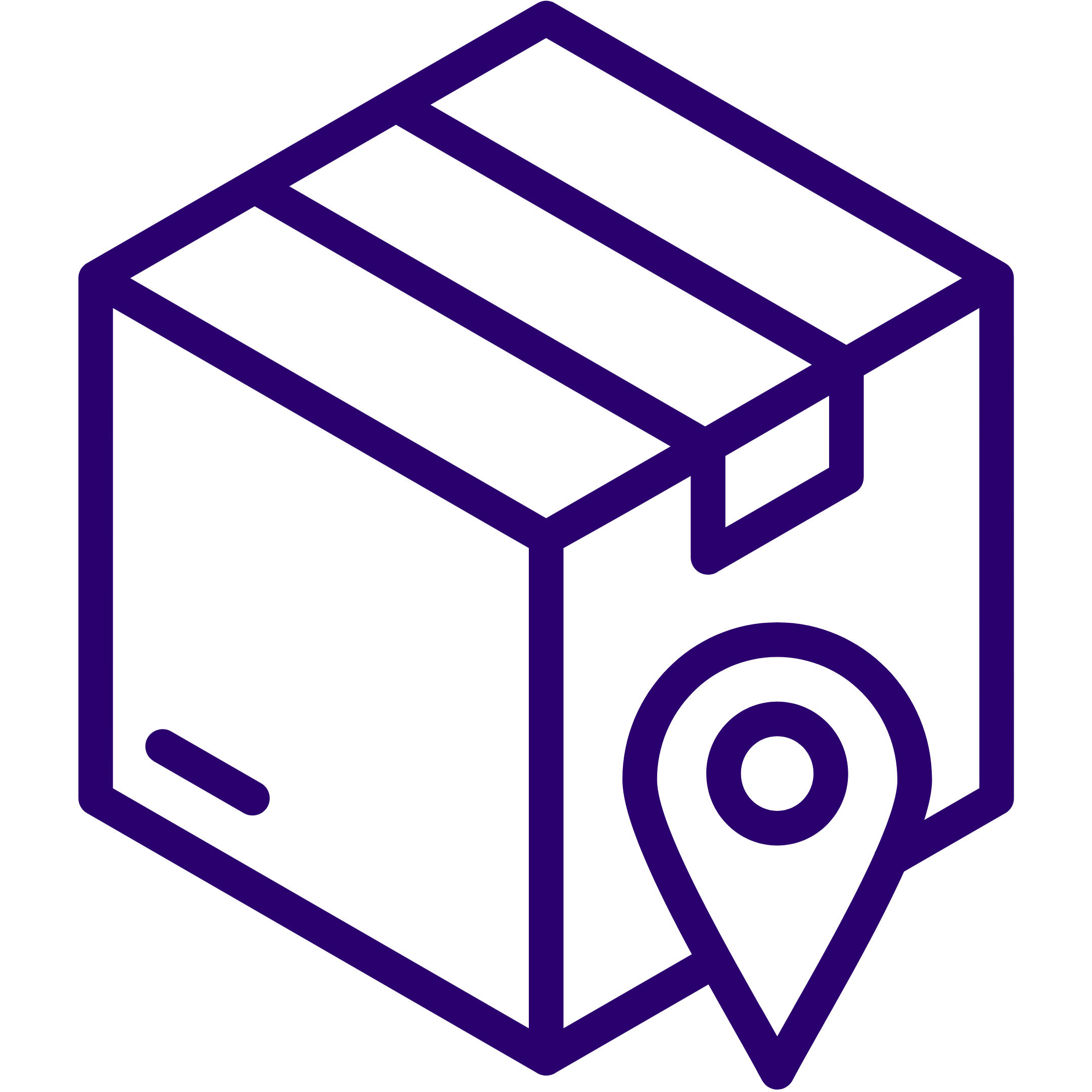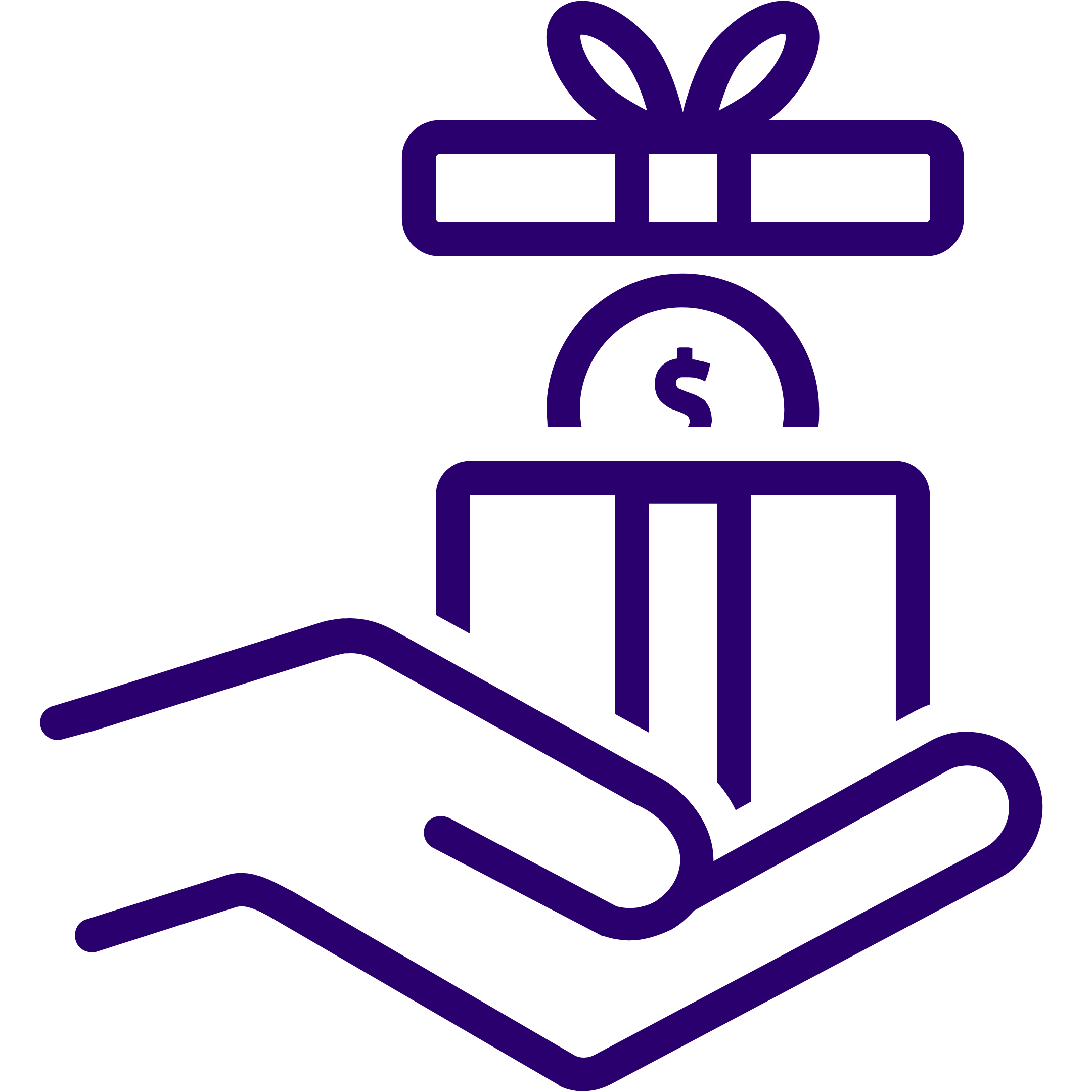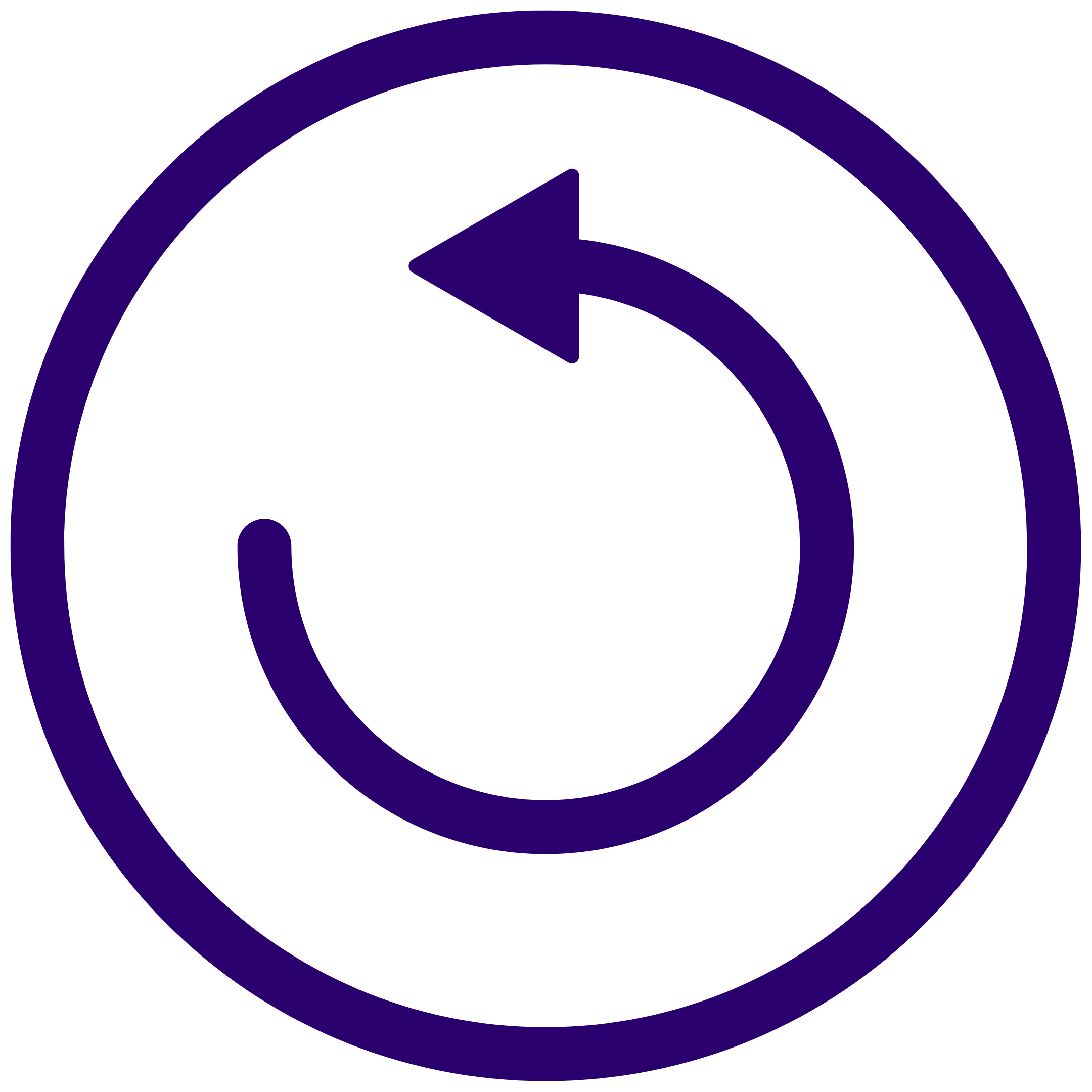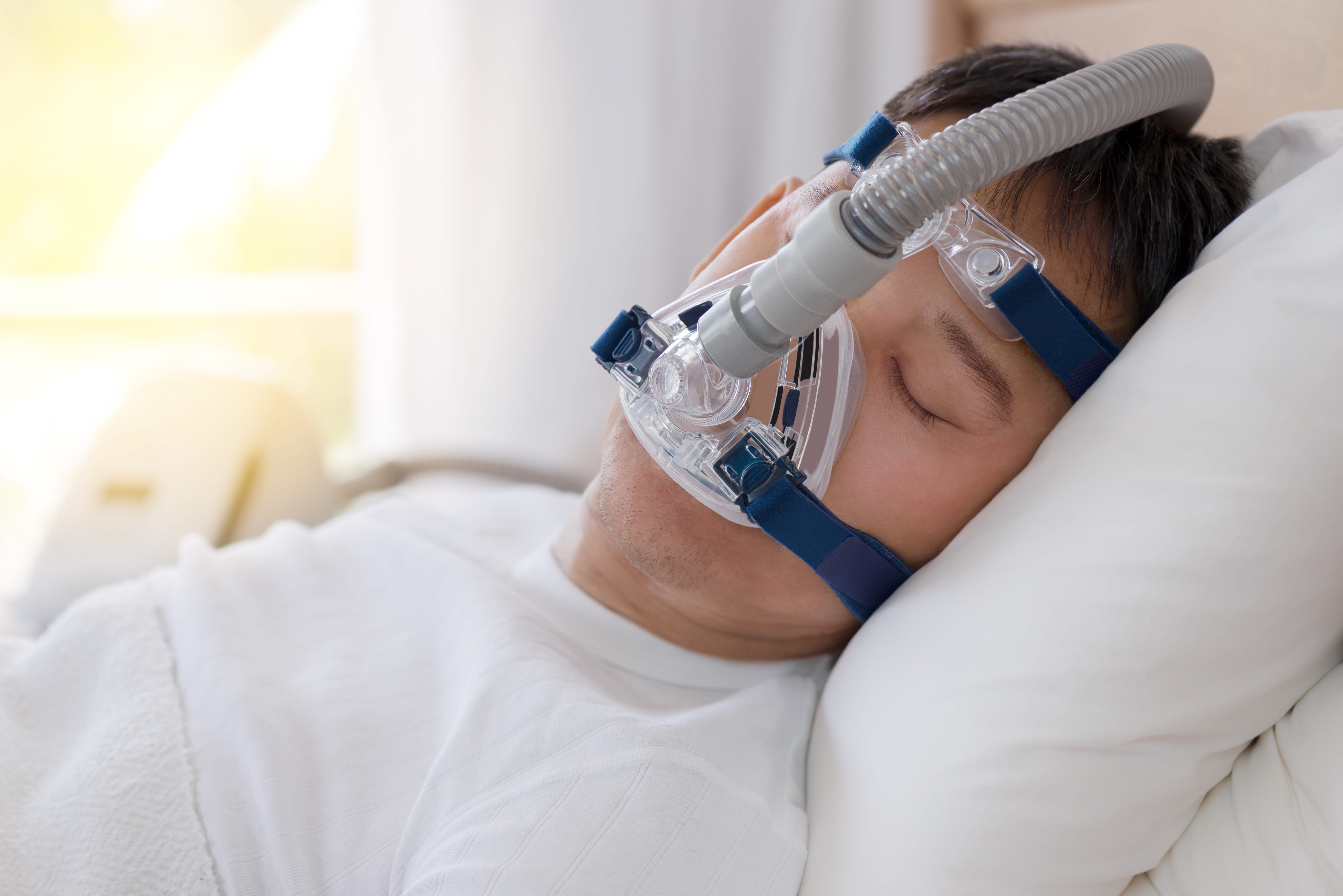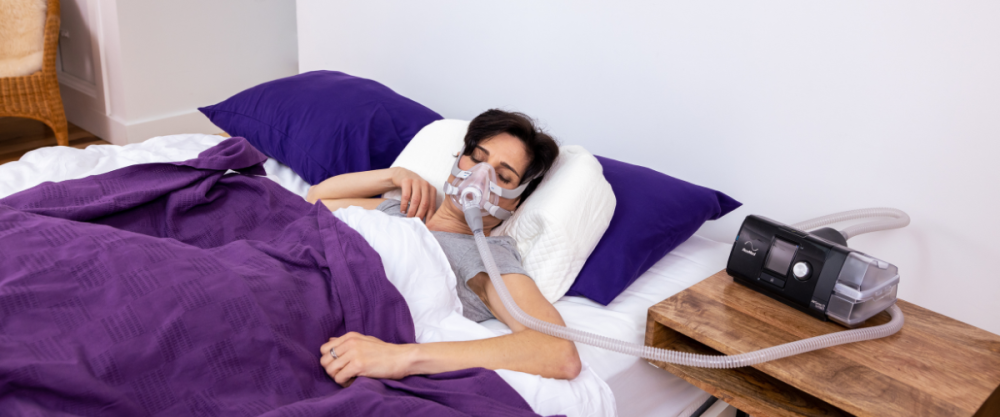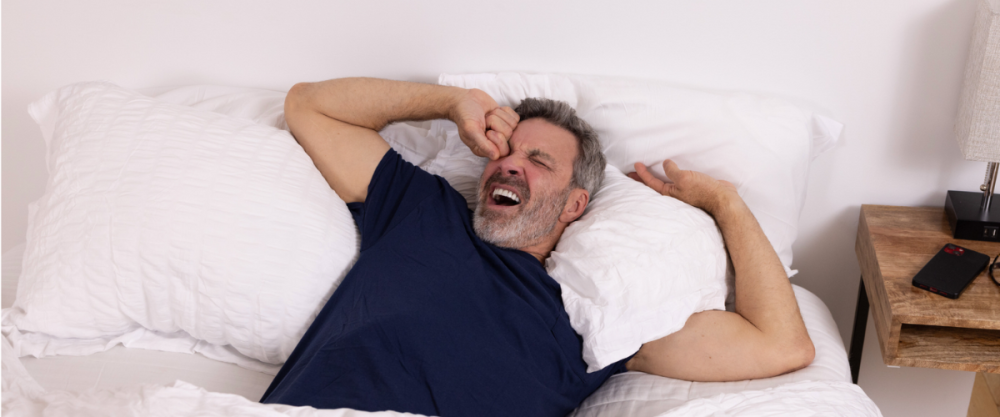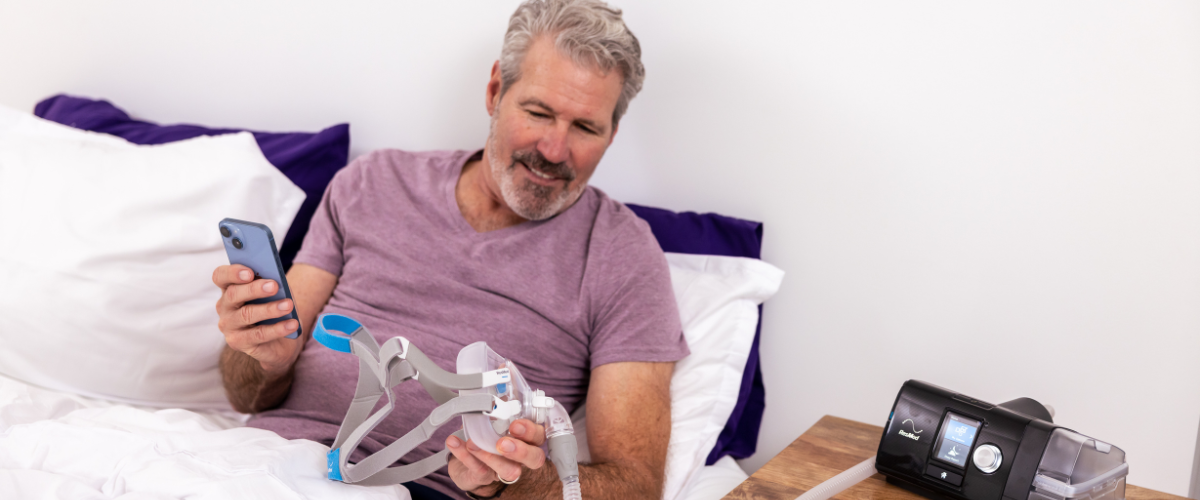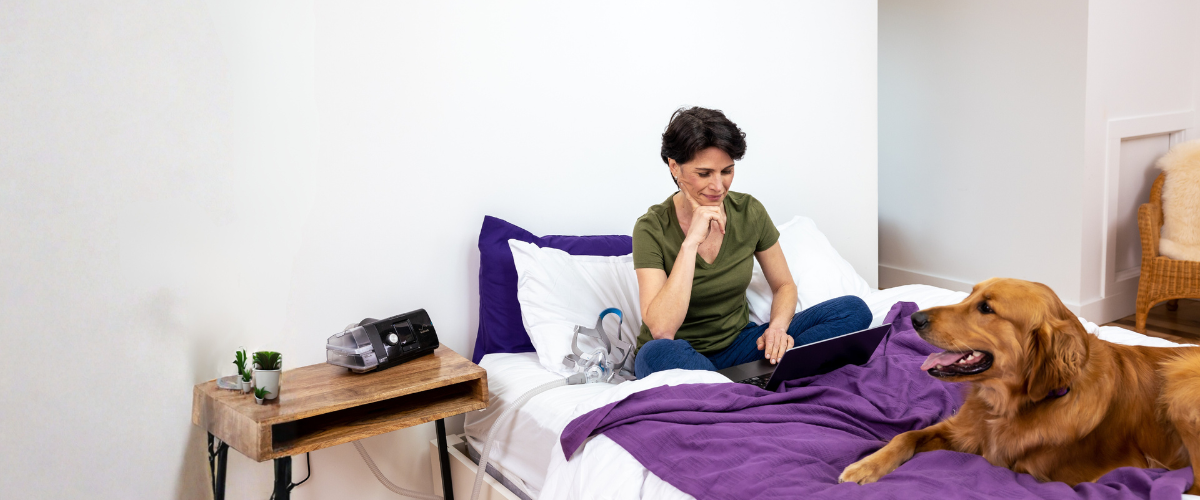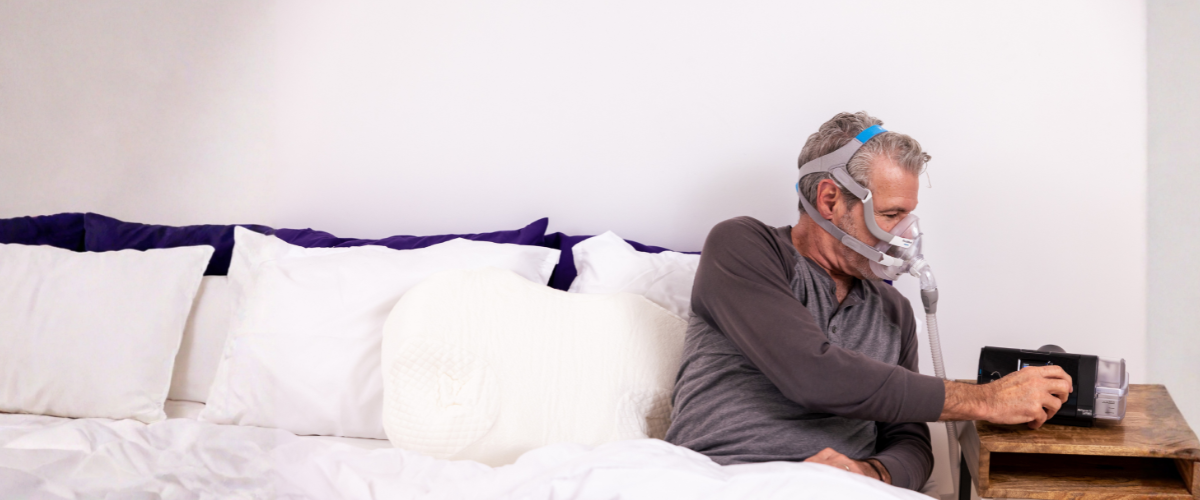What’s keeping you up at night?
If you’re one of the 3 million Americans, it’s probably the painful burning feeling in your chest or throat keeping you up along with sleep apnea. To avoid acid reflux and sleep apnea at night, it’s best to avoid lying down for at least 2 hours after eating. But you can also manage the symptoms with over the counter medication and changing your diet.
Just like sleep apnea, GERD occurs in both children and adults and is often overlooked. A few reasons why people get GERD are listed below.
Regardless, treating obstructive sleep apnea with CPAP have shown to not only improve GERD and sleep apnea but also CPAP machines have demonstrated the ability to reduce the total 24 hour esophageal acid contact time. Additionally, medications that treat GERD progressively decreased the occurrences of apneas.
If you have sleep apnea, make sure you talk to your doctor. It is possible that if you have sleep apnea you might not know you also have GERD.
The good news is treating one can help improve the other and vice versa.
However, here are a few things you can do on your own:
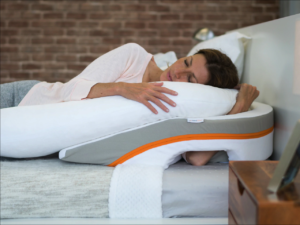
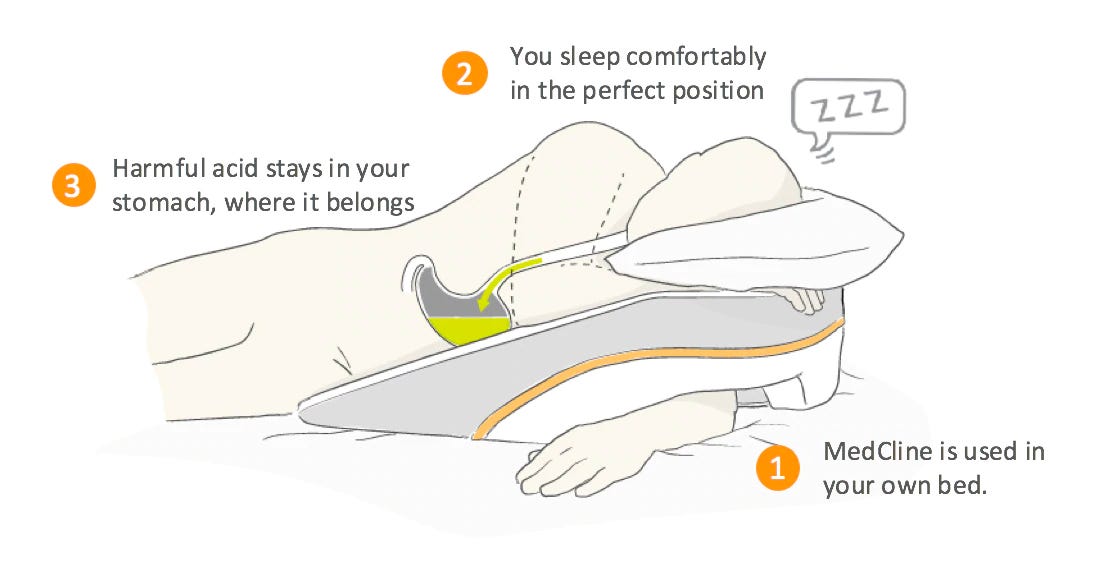 Not only can sleeping with the Medcline improve GERD symptoms, but it can also help obstructive sleep apnea severity.
Not only can sleeping with the Medcline improve GERD symptoms, but it can also help obstructive sleep apnea severity.
If you’re one of the 3 million Americans, it’s probably the painful burning feeling in your chest or throat keeping you up along with sleep apnea. To avoid acid reflux and sleep apnea at night, it’s best to avoid lying down for at least 2 hours after eating. But you can also manage the symptoms with over the counter medication and changing your diet.
Acid Reflux and Sleep Apnea
If you’re experiencing heartburn symptoms twice a week or more, you might need something besides Tums. Gastro-esophageal reflux disease is the chronic form of acid reflux, and it’s wreaking havoc on your sleep. GERD causes poor sleep that in turn aggravates GERD for an endless cycle!Just like sleep apnea, GERD occurs in both children and adults and is often overlooked. A few reasons why people get GERD are listed below.
- Diet
- Strenuous abdominal contraction
- Caffeine
- Age
- Fatty and or fried foods
- Malfunction of the Cardiac Sphincter (prevents acid from escaping the stomach)
- Obesity
- Citrus fruits
- Spicy foods
- Tomato based products or foods
- Drastic weight changes
- Pregnancy
- Smoking
- Alcohol consumption
GERD Symptoms
- Bad Breath
- Heartburn
- Chronic sore throat
- Pasty tongue
- Inflammation of gum line
- Increased heat sensation in and around the stomach
- Burning stool
- Acid regurgitation
- Periodic belching
- Tooth enamel erosion
- Burning tongue (especially after drinking or eating certain foods, especially those that contain citrus)
Sleep Apnea and GERD
There is some conflicting research whether there’s a causal link between sleep apnea and GERD. One study found a prevalence of around 60% of patients with GERD have OSA. Another study suggests GERD and Sleep Apnea are symptomatic of the same conditions most notably obesity.Regardless, treating obstructive sleep apnea with CPAP have shown to not only improve GERD and sleep apnea but also CPAP machines have demonstrated the ability to reduce the total 24 hour esophageal acid contact time. Additionally, medications that treat GERD progressively decreased the occurrences of apneas.
If you have sleep apnea, make sure you talk to your doctor. It is possible that if you have sleep apnea you might not know you also have GERD.
GERD and Sleep Apnea Treatment
GERD is a recurring issue that must be treated. It does not go away or symptoms do not decrease unless medical treatment is received or lifestyles are radically altered. Your doctor can prescribe various methods and medications to treat GERD. Some of those are available over-the-counter.The good news is treating one can help improve the other and vice versa.
However, here are a few things you can do on your own:

- Eat numerous small meals instead of one large meal
- Make sure your last meal is at least 3 hours before lying down
- Make sure your mattress is elevated at least 6 inches under your head (regular pillows won't work)
- Avoid alcohol, chocolates, fats, tomato products, onions, and even garlic
- Lose weight
Keep Your Head Up!
An effective way to manage both acid reflux and obstructive sleep apnea is by using the proper sleep position. Sleeping on the left side prevents acid from entering the esophagus because it keeps food and acid from the valve. A further study by Dr. Gabbard at the Cleveland Clinic found if someone sleeps with their head elevated and on their left side, participants found a “significant improvement in symptoms of heartburn and regurgitation.” Not only can sleeping with the Medcline improve GERD symptoms, but it can also help obstructive sleep apnea severity.
Not only can sleeping with the Medcline improve GERD symptoms, but it can also help obstructive sleep apnea severity.
Sources
- Green BT, Broughton WA, O'Connor JB. Marked improvement in nocturnal gastroesophageal reflux in a large cohort of patients with obstructive sleep apnea treated with continuous positive airway pressure. Arch Intern Med. 2003;163:41–45
- Green BT, Broughton WA, O'Connor JB. Marked improvement in nocturnal gastroesophageal reflux in a large cohort of patients with obstructive sleep apnea treated with continuous positive airway pressure. Arch Intern Med. 2003;163:41–45.
- Bortolotti M, Gentilini L, Morselli C, Giovannini M. Obstructive sleep apnoea is improved by a prolonged treatment of gastrooesophageal reflux with omeprazole. Dig Liver Dis. 2006;38:78–81.
- Tamanna S, Campbell D, Warren R, Ullah MI. Effect of CPAP therapy on symptoms of nocturnal gastroesophageal reflux among patients with obstructive sleep apnea. J Clin Sleep Med 2016;12(9):1257–1261.
- American College of Gastroenterology. "'Silent' Nighttime Acid Reflux Symptoms Can Cause Poor Sleep And Sleep Apnea." ScienceDaily. ScienceDaily, 31 October 2005.

